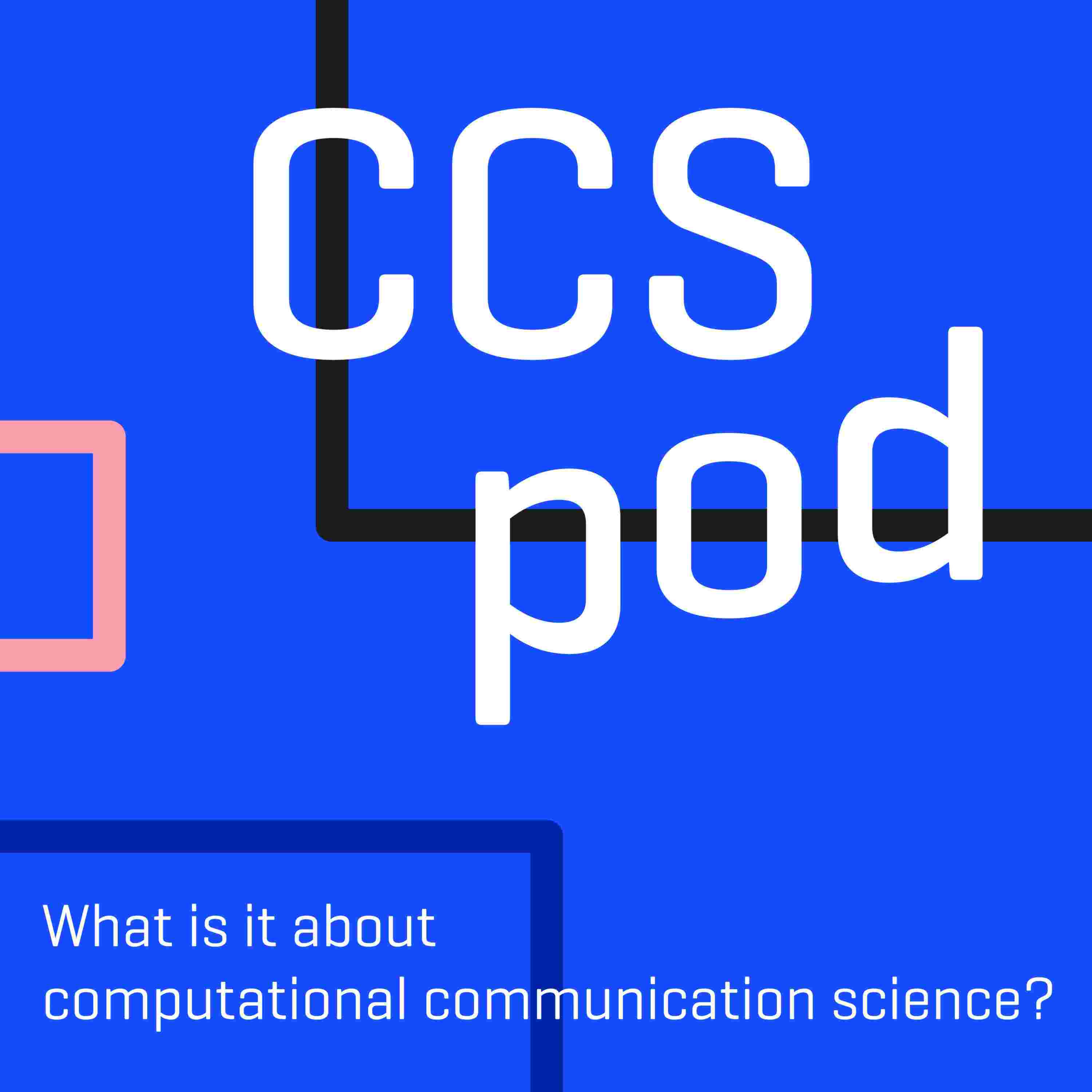

Tune in to the #aBitOfCCS Podcast as we explore state communication and public trust during the COVID-19 pandemic with Christian Schwaderer, a PhD candidate at the University of Innsbruck, Austria. Christian’s study, Navigating Trust: Comparative Insights into Crisis Communication Strategies and Public Perception, examines how government communication strategies on social media and in press conferences influenced public perception and trust in crisis management.
In this conversation, hosted by Jana Bernhard-Harrer, we dive into Christian’s analysis of nearly 400 government press conferences across nine OECD countries, alongside real-time public reactions on social media. Using both manual coding and quantitative methods, his research reveals patterns in communication that shaped public trust and offers valuable insights for crisis response strategies.
For further discussion, connect with Christian at Christian.Schwaderer@uibk.ac.at, and you can find his slides on a presentation of this study here: https://www.slideshare.net/secret/H7CADAky5sIVwK